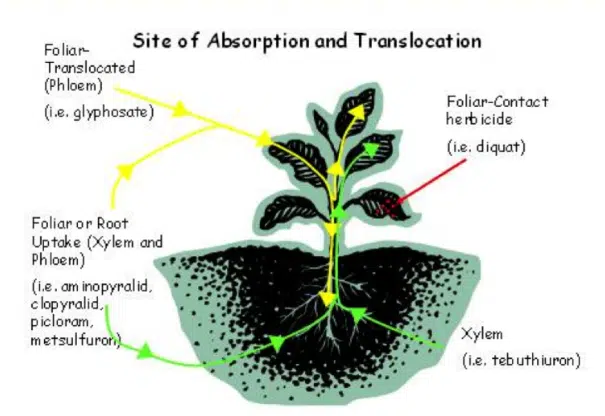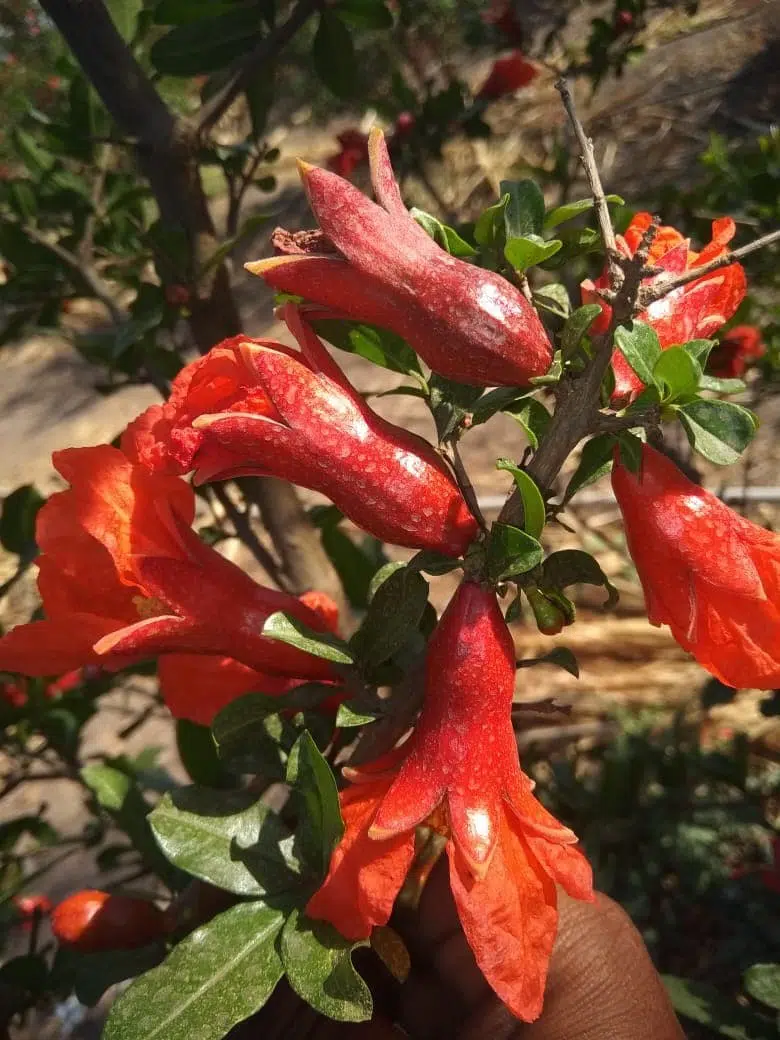A majority of the herbicides are alkaline in nature. If the pH of spray water is alkaline, then the herbicide application efficiency will be reduced by half. If the pH of the solution is 9, then half the efficiency of the herbicide will be reduced within 15 minutes. If the pH of the solution is 7, then half the efficiency of the herbicide will be reduced within 24 hours. But if the pH of the solution is reduced to 5, then the herbicide in the spray solution can stay active for a few more days. The factors that affect herbicide effectiveness are moisture, ambient humidity & temperature. If the stomata are closed because of high temperature, then the rate of absorption of the herbicide is reduced resulting in a decreased efficiency. It is very important to have good moisture in the soil and atmosphere. The weeds are more green and having high nitrogen will die early. Also herbicide efficiency is dependent on penetration, translocation rate, temperature, wind speed and type of nozzle.

If we mix Zinc with a herbicide spray solution, then it improves the chlorophyll content, increases leaf width, and production of enzymes into the plant. It helps increase the penetration of the herbicide solution in the weed system thus speeding up the elimination of weeds. In selective herbicide applications, use of Zinc also has the same beneficial effect on the main crop, and helps in reducing the phytotoxic effect of the herbicide application.
Use of a good adjuvant and a good spray nozzle along with Nitrogen or Zinc not only helps in achieving proper spray coverage, but also reduces the use of chemicals.

